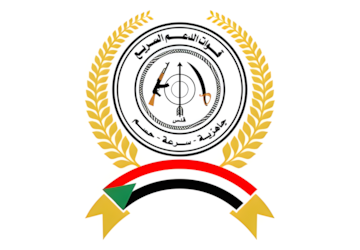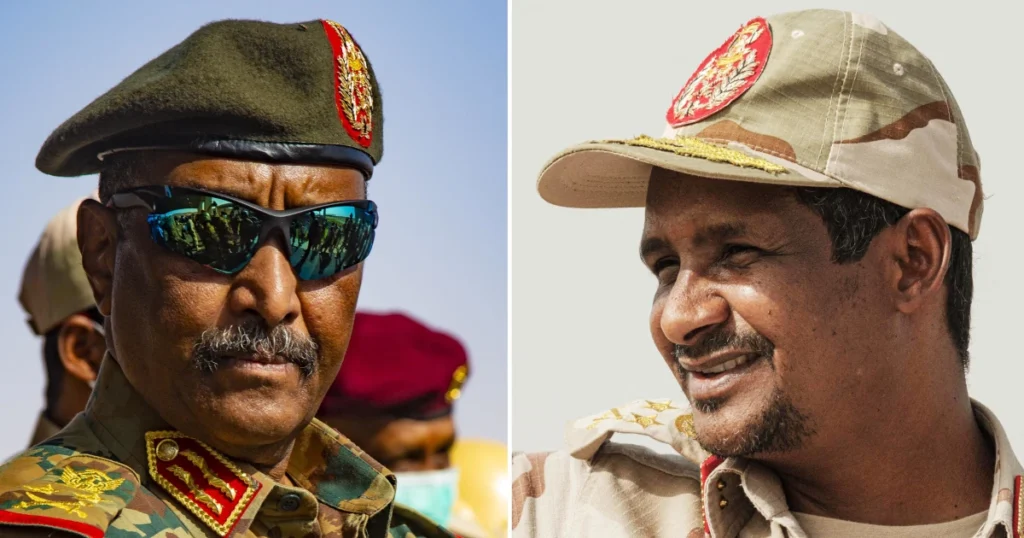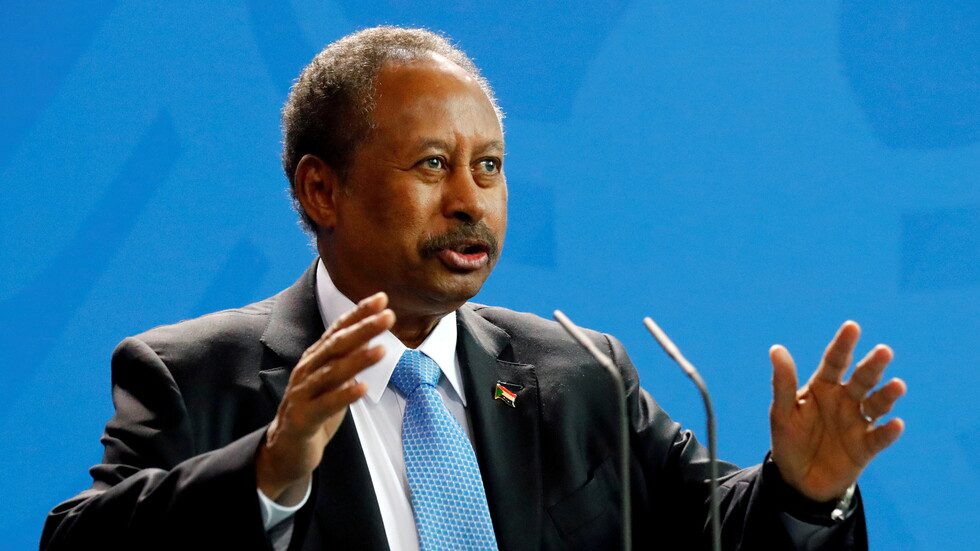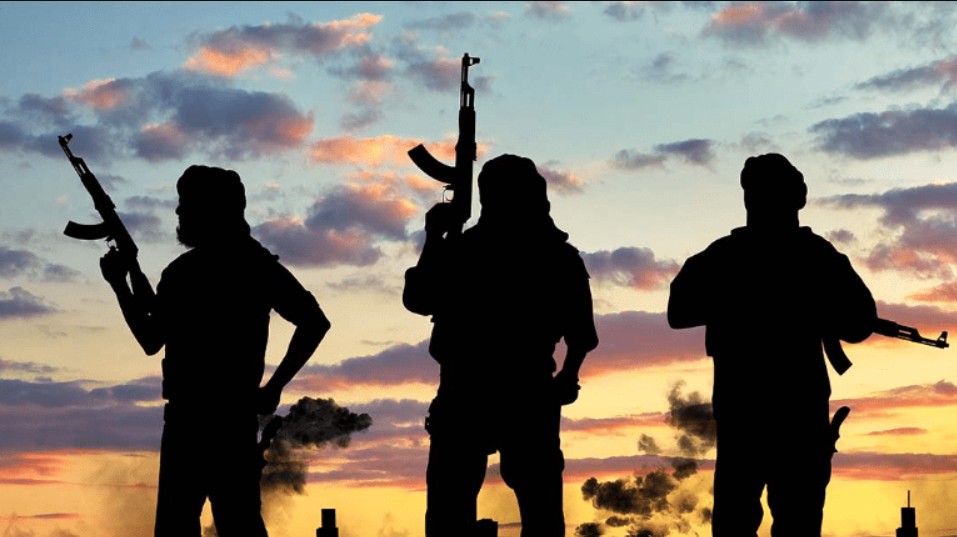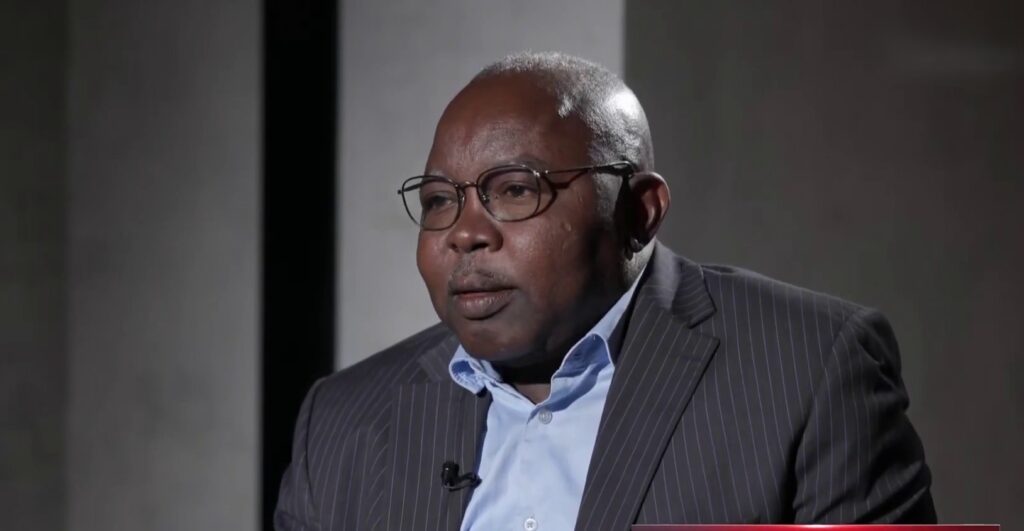
Mohamed Al-Nayer, spokesman for the Sudan Liberation Movement led by Abdul Wahid Al-Nur, said the Rapid Support Forces’ capture of El Fasher and Bara marks a decisive turning point in Sudan’s war.
He said that taking El Fasher removed a key obstacle long hindering RSF operations, draining their strength and delaying plans.
With the city under control, the RSF can now redirect focus toward Kordofan’s strategic centres—Babanusa and El Obeid—signalling a shift from defence to expansion.
Al-Nayer warned that the group’s momentum could reignite battles this year in White Nile and Khartoum, potentially spreading north if control of Darfur and Kordofan consolidates.
Such expansion, he said, may redraw Sudan’s military map and worsen the country’s security and political crisis, pushing once-stable regions into the conflict.
He cautioned that new fighting could further obstruct peace talks, deepen instability, and complicate efforts to achieve a national settlement.
Addressing Sudan’s transitional government, Al-Nayer suggested it would likely stay in Nyala rather than move to El Fasher, reflecting doubts about its capacity to govern war-torn territories.
He added that divisions within the Port Sudan-based leadership and the lingering influence of the former regime threaten to paralyse the political process.
Meanwhile, Sovereign Council Chairman Abdel Fattah al-Burhan said the army’s withdrawal from El Fasher followed “systematic destruction” of the city.
He acknowledged the fall of El Fasher as not only a military loss but a symbolic one—Darfur’s historic capital and the last major city beyond RSF control.
Al-Nayer also criticised Darfur governor Jibril Ibrahim and the finance minister for joining the fight after months of neutrality, calling it a grave miscalculation that fractured internal alliances and intensified the crisis.

